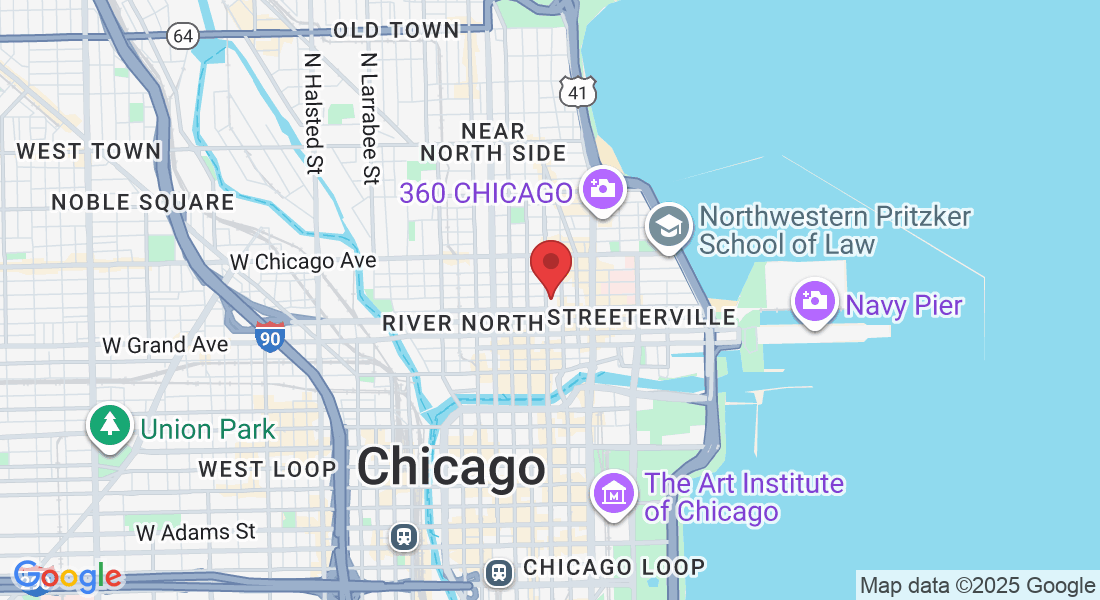
How To Buy Life Insurance For Seniors Over 80
Before buying life insurance, there are a few factors to take into account if you’re a senior over 80. Your age and health may have an impact on your premiums and the best kind of coverage for you.
For instance, getting coverage could be more challenging if you have any pre-existing diseases or are going through cognitive decline due to dementia or Alzheimer’s disease.
To fully understand what is involved in purchasing burial insurance for seniors over 80, be sure to read this blog post from beginning to end.
What is life insurance for seniors over 80
There are fewer senior life insurance options accessible as you approach 80 than there were when you were younger. It’s comforting to know that the coverage doesn’t need to be as extensive at this point in your life because most folks have paid off their mortgages or have grown children who are no longer dependent on them.
Additionally, since it is extremely uncommon, if not impossible, for an adult in his or her late 80s to obtain employment after retirement, you won’t need a safety net to replace lost income.
Don’t worry about leaving any debt behind; if anything were to happen, such as an illness like epilepsy or a renal condition that prevents work, they would still have enough savings and assets from all those years of hard work.
How much do you need to buy life insurance for seniors over 80
In most circumstances, a funeral will cost between $7,000 and $10,000. If the family prefers to have a finer ceremony or floral arrangement, a larger price may be paid. At this point, the costs might really start to add up. Large families could add to the cost of the funeral because there will be more mouths to feed (figuratively) at the service.
If you die away without leaving enough money to cover your own burial costs, it will only add to the stress that your loved ones will already be carrying as they make life-planning decisions like selecting a casket style and what kind of flowers to use to transport your loved one into the afterlife.
Families are meant to be a network of support for one another. But what occurs after a loved one dies?
Will they have enough money saved up to cover their funeral costs, particularly if it’s an unexpected death or no appropriate planning was done in advance?
As a senior, or as grandparents, you could leave your family members grieving your loss while also causing them financial stress and concern. The correct insurance plan will make sure that the crucial burial expenses are covered so that everyone else can devote their time and energy to grieving rather than paying bills.
You could believe that this is simply about safeguarding yourself, but in reality, your husband, kids, and grandchildren are also helped by these policies because they are the ones who need protection from life’s disasters the most!
Who should I get a policy from, and what are the benefits of each company
Burial insurance can be a better choice if you only want to acquire life insurance to pay for funerals and other final expenses. It is also known as final expense coverage, and while not all insurers provide it, it is made specifically for older folks who, at this point in their lives, only require a modest amount of coverage.
What if you passed away suddenly and discovered that your insurance only provided $1,000 in coverage? How would the rest of your family fare?
If you want protection against something like this, continue reading. Depending on how much coverage is acquired, burial insurance will pay for all funeral expenses, including cremation or burial, up to a specified sum.
This kind of life insurance frequently has provisions for when someone else needs money to handle funeral arrangements, such as free-riders who don’t need money but are willing to make a pledge in case someone else does later on because of their connection with them – even if they are unaware of it beforehand!
Above all, avoid hybrid insurance policies from companies like Colonial Penn, AARP, and Globe since their coverage decreases as you age and they expire at a particular age.
Why does it make sense to buy a whole life policy instead of term insurance for a senior over 80
A no medical exam life insurance policy is a straightforward matter. Traditional insurance policies demand an underwriting procedure, which involves a crucial and frequently pricey medical assessment.
This process can be made easier for the customer by removing the need for them to take time away from work or family responsibilities to complete it because it only involves filling out paperwork with irrelevant health questions instead of having their entire body examined, and this is all done without affecting potential coverage levels or rate pricing!
Once more, to be clear
A medical exam is necessary as part of the underwriting procedure for traditional insurance coverage.
Guaranteed-issue (GI) life insurance plans are offered without asking any health-related questions at all, in contrast to simplified issue life insurance, which only requires a medical questionnaire.
Is there any way that I can save money on my premium payments or pay off my premiums early
You can decrease the cost of your life insurance premiums in two different ways. One is to get a Single Pay Whole Life policy and pay on a yearly basis.
A division of permanent life insurance is single premium whole life insurance. An additional benefit of whole life insurance is the ability to accumulate cash value, which increases over time at a fixed interest rate.
For people who wish to safeguard their future and have peace of mind knowing they can be taken care of, whole life insurance is a wise investment.
Options for paying premiums are provided by whole life plans, including the number of annual payments required to ensure the death benefit and the frequency of monthly premium payments. You’ll be able to choose the option that best meets your needs thanks to these options!
When it comes to paying premiums, whole-life insurance gives flexibility because there is no predefined amount or frequency required; instead, they are determined by the policyholder’s preferences and available funds.
What happens if I find out that I’m not eligible to buy a policy at this time because of health reasons – how will this affect me in the future when I am older than 80 years old
Final expense life insurance is a form of permanent life insurance that aids those who might not be eligible for a conventional term or whole life policy, generally because they are in too poor of health.
This affordable alternative enables you to ensure that your loved ones do not needlessly struggle by covering these fees if something were to happen before their time comes because final bills can be expensive to bury in the case of death.
There are two varieties of life insurance for ultimate expenses. Both provide coverage for all time and have no cash value:
Simple problem Life insurance does not require a medical exam, but it does ask you questions about your health. This type is more popular because it’s simpler to acquire approved for the policy without having any physical testing done beforehand. You could be denied if you have a condition like cancer or live in an assisted living home, but you could also be denied if you do either of those things.
The majority of people qualify for guaranteed issue plans because they have less requirements than simple issue ones and ask fewer questions when applicants apply for their insurance, making them more affordable as well.
These kinds of regulations are beneficial for both young folks and people over 80.
Conclusion
Have you thought about what would happen to your family in the event of something? Though it is a terrible thought, it can be made less frightful by having inner serenity.
A simplified issue whole life policy might be the best option for you if you are over 80, have previously had life insurance coverage denied, or simply want a more economical way to expand your coverage without having to undergo a medical exam. Request a price today!



